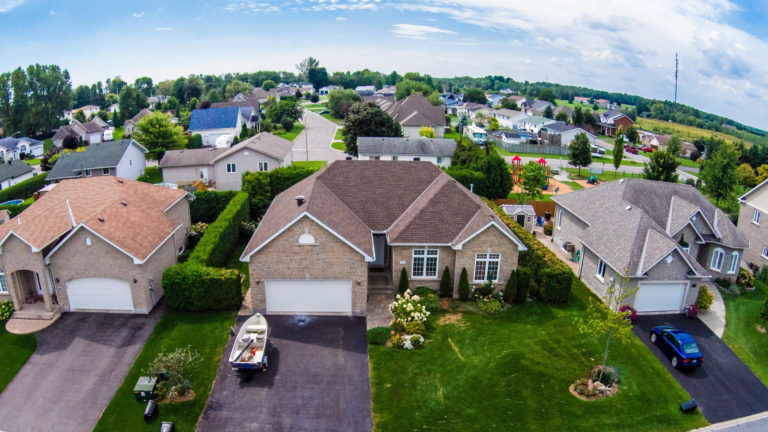The housing market has been under intense scrutiny lately. Plummeting home sales and rising mortgage rates have some economists calling for a real estate cool down. Some even believe a housing market crash could be the next black swan event that sends the wider economy into a tumble.
A black swan event is defined as an unexpected and devastating phenomenon that impacts a large number of people and is frequently considered obvious in hindsight. Many refer to the 2008 housing crash as an example of a black swan event. It sparked widespread turmoil across the country and globe, and came at what was then the peak of housing in the U.S. It is also often characterized as obvious for those who performed the proper due diligence.
By definition, a black swan event is difficult to see until it happens. For the housing market, however, there are barriers to a crash that make the event even more difficult to predict. Given the historic rise of home prices since the start of the pandemic, housing may seem an obvious candidate for the next major black swan event. On the other hand, despite signs of a receding market, there remains plenty of doubt surrounding the notion of a potential crash.
Will a Housing Market Crash Be the Next Black Swan Event?
Housing has long been an integral aspect of the U.S. economy. Real estate is a major source of domestic wealth, and house construction employees a large number of Americans. In fact, housing regularly contributes between 15% and 18% to gross domestic product, or GDP. As such, rumors of a housing crash are especially startling to economists. If housing falls, the U.S. economy would be liable to plummet as well.
The question remains: is housing really at risk of a crash? To that, the answer varies depending on who you ask. Home prices have soared since the start of the pandemic, largely as a product of rock-bottom interest rates and an undersupply of available properties. Indeed, since just Q2 2020, the median price of homes sold in the U.S. has climbed nearly 40%. Currently, the median sales price of houses sold in the U.S. is $440,300.
Now, especially with 2008 in the rearview mirror, it’s no surprise some have started peddling rumors of a housing bubble. But there are also some major barriers to a substantial pullback in home prices.
Is a Housing Recession Really Possible?
Easily the most salient argument against a housing crash is the simple undersupply of homes in the U.S. While the demand for homes is quickly falling, reflected in plummeting completed home sales, the U.S. still only has a roughly three-month supply
of homes. This is far from the five- to six-month supply typical of a balanced housing market.
Basic laws of supply and demand tell us that even if fewer people want homes, if there is still an undersupply of housing, the housing market is unlikely to undergo any sort of severe pull back.
Nadia Evangelou, a Senior Economist at the National Association of Realtors (NAR), says there’s little room for home prices to fall:
“Due to the housing shortage, home prices will continue to rise in the following months. Although inventory is improving, it will remain tight as home builders have cut down on single-family home production. There will be continuing home price deceleration. Nevertheless, home prices will likely continue to experience double-digit year-over-year appreciation in August.”
With that said, economists are split on the subject. In an interview with Business Insider, José Torres, a senior economist at Interactive Brokers, argues housing is subject to a hefty pitfall:
“At this point, housing is unreachable when considering household incomes and individual incomes. The percentage of the average monthly payment to household incomes and individual incomes is at record highs — similar to levels that we saw during the 2008 financial crisis … We’re going to see something very similar to what we saw during the Great Financial Crisis.”
Housing is clearly closely related to the health of the overall economy. In that sense, both realms are currently operating in a state of uncertainty. Whether housing proves the black swan some make it out to be remains to be seen.
On the date of publication, Shrey Dua did not hold (either directly or indirectly) any positions in the securities mentioned in this article. The opinions expressed in this article are those of the writer, subject to the InvestorPlace.com Publishing Guidelines.

